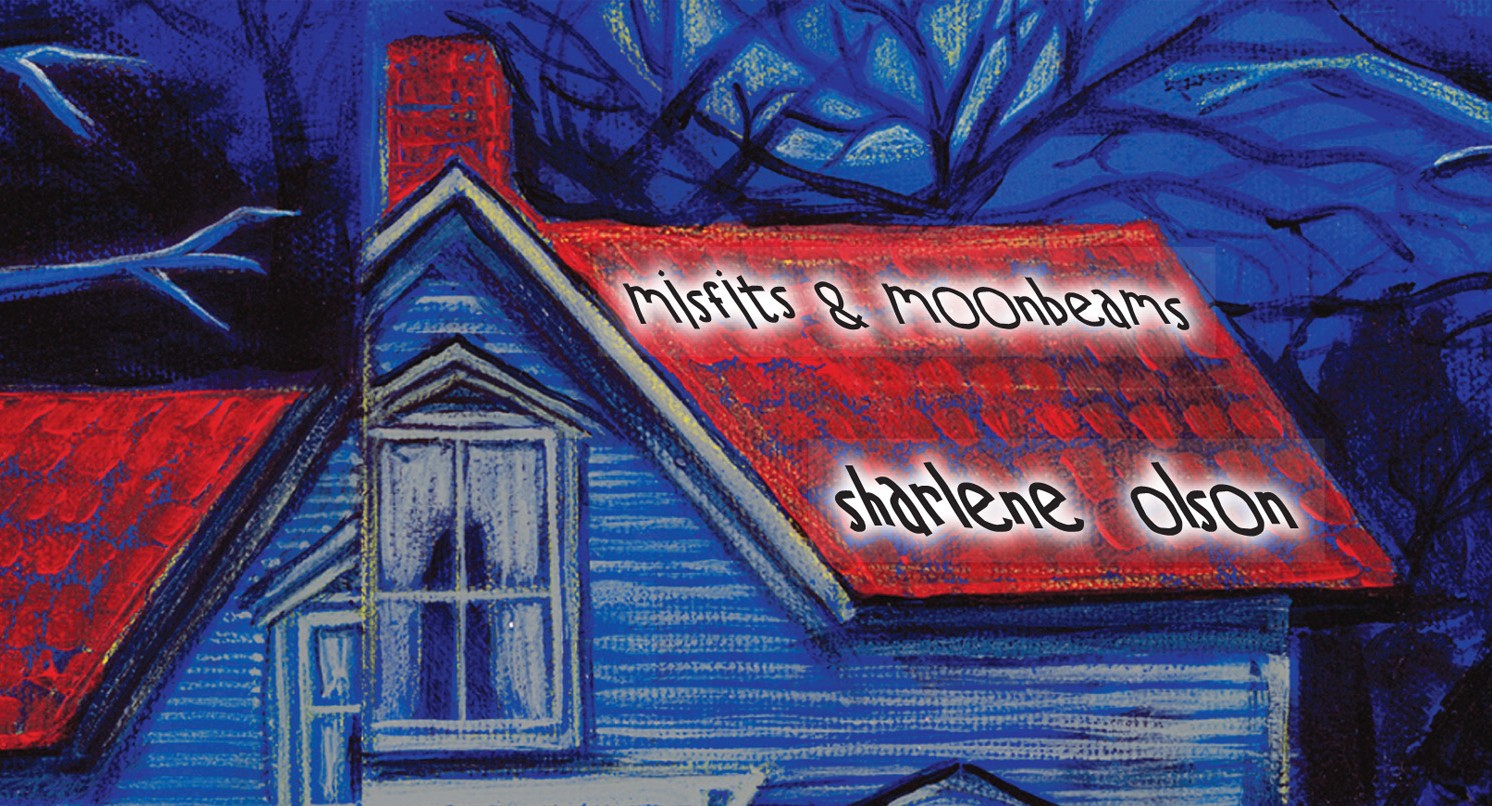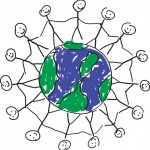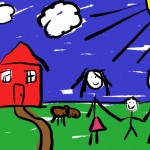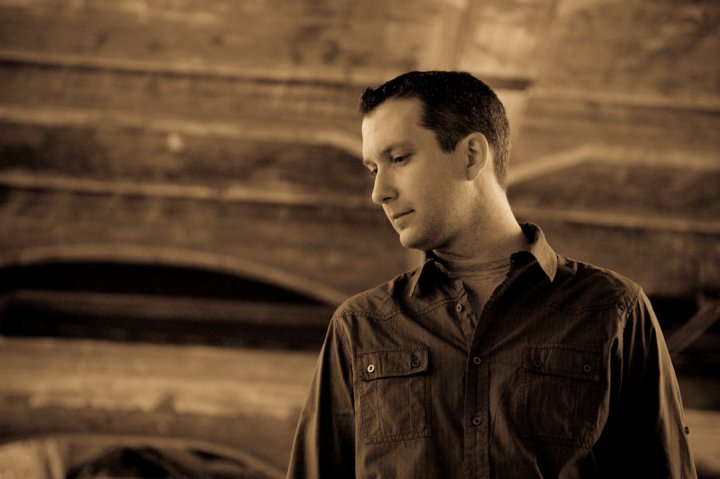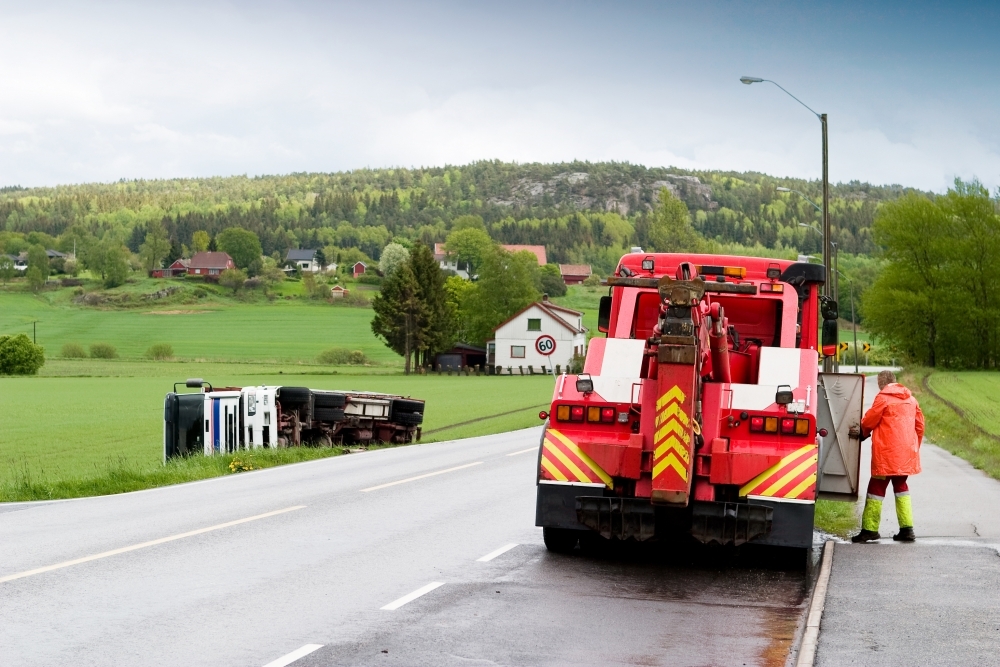The problem of play
- At October 25, 2012
- By Nathan
- In Career & Life Planning
 0
0

*Today’s post tilts towards life direction and explores the relevance of your worldview
Imagine that you are sitting in front of a high-tech device designed to suck positive and authentic spirituality completely out of your life. What do you suppose would be different about your daily life once this machine did its job?
For starters, participation in public worship would be a thing of the past. It simply wouldn’t be a priority. But you may be surprised to observe a lot of other basic human behaviors and traditions making their exit at the same time. Healthy laughter and play would be among them.
There they go. One after another. Going, going, gone.
That is how it works. Eject God from your life, create your own little society, and eventually – at least for the quiet and thoughtful revolutionary – play becomes a problem.
Problems galore
On the surface of things, play is hardly a problem. Play is the one activity in life that people look forward to when surrounded by problems.
The routine is familiar. You come home after a hard day on the job, or perhaps after another long day looking for a job, and collapse on the couch in a daze. You turn on CNN hoping to hear some lighthearted reporting, only to be told that the USA, Canada’s critically important trading partner, is still adding billions of dollars to their national debt each day. Anxiety and frustration sets in. You sure didn’t need to hear that.
Putting down the remote, you wander into the kitchen and notice the latest VISA bill lying on the counter, the one you were hoping would simply disappear. No, your personal finances aren’t looking all that great either – as if you needed to be reminded.
Glancing down the hall, you catch a glimpse of your two-year-old son with his hand in the dog food dish (again) and about to raise it up to his mouth. Exactly what is so fascinating about that Purina Dog Chow? you wonder. Crisis averted, you step out into the back yard for some peace and quiet just as your faithful golden retriever is closing in on a black and white striped creature of some sort over by your neighbour’s barbecue.
Running faster than you have in years, you find yourself seeking refuge from the reek in the front yard, under the basketball hoop, hoping that Bob doesn’t kill you. Finally, after pulling yourself together and catching your breath, you have chance to unwind; a chance to relax and play.
But what if play is really just another problem? “Play? No, not play,” you say in exasperation, “it just can’t be a problem!”
Problems in the West
Problems. We all have them. They come in all shapes and sizes. We all have a daily dose to deal with. But in what sense is play, and healthy laughter in particular, a problem?
Some might be thinking that play is a problem nowadays because too many people are refusing to work and eager to play. Fair enough, if most everyone is toddling around doing a bunch of “whatever” with their lives, exactly who is going to make the gravy for the proverbial gravy train?
But in this case, the problem of play is rather that this basic, popular, and positive human experience doesn’t fit in a specific worldview in the western world. It doesn’t fit. And it has to fit somewhere.
Beliefs that block play
Western liberal orthodoxy, for lack of a better label, is the handy-dandy philosophy of life, legislated worldview, and civic religion, that millions of people have drifted towards and converted to without even realizing it.
It seems to offer so much, and has been marketed magnificently.
It provides the framework or vision for living in the West after God, and Christianity for the most part, has been removed from the minds of the ruling elite. It is presented as the safe alternative to the bad-old-days when, so the story goes, people were always fighting over religion. It is sold as the progressive and enlightened position to hold in contrast to the dark ages in the past. It is the background public philosophy that includes everyone and is supposedly committed to equality. It celebrates a new-found freedom from the oppression of an early era. It is all about love, love, love, while people opposing it are inevitably assumed to be steeped in hate.
All sorts of neighbourly and nice, sincere and kind, educated and ordinary folks are joining this relatively new naturalistic faith.
Which would you prefer? To be considered inclusive, intelligent, tolerant, and loving…or to be known as the guy who is narrow-minded, ignorant, bigoted, dogmatic, and hateful. Yeah, ouch!
There are actually all sorts of problems with this ideology. And the prominent place of laughter and play throughout this world creates one of them. Play is a problem. How do liberals account for a deep conviction held by billions of people? What are they to make of the global consensus that playing is normal? Exactly how do they interpret all the happy, joyful, jumping, and joking around?
When an average person on the street in Calgary or California or Cairo engages in some type of playful activity, what precisely would they say is going on?
Survival stories
You are sure to bump up against any number of nicely nuanced naturalistic theories about laughter during your journey of discovery.
One of my favorites so far, is taken from an essay entitled Laughter by Henri Bergson and endorsed by comedian Mike Meyers in the book Why is God Laughing? Here is a rough translation: Laughter is a reflex response which we humans have in common with crocodiles, and other cheery reptiles, that takes place when we realize we are going to die.
So the next time you share a good laugh with a few friends at the office, on the construction site, or while working out in the field…you can bring up the “Death Reflex” theory as a way of explaining what you all experienced moments ago. Will your friends be convinced? Will they buy it?
And this, far from being a straw man argument, is only one example of the odd attempts to “explain” laughter and play. Hammering a square peg into a round hole is a possibility, but not without doing serious damage to the poor peg.
Play is a problem.
Finding a place for play
People play. All sorts of different kinds of people around the world laugh and play each and every day. Meanwhile, a small number of powerful people in the western world have cobbled together a worldview that does not have place for this basic human experience. Play is a problem for Liberal Orthodoxy in the West. It is a problem for the LOW philosophy of life.
What is the solution? There are several options, some better than others. The attempt to change or redefine play so it fits with secular dogma hasn’t been working so well. So in order to find a place for play it is necessary, first of all, to put down the hammer and try to come up with some really clever stories that might convince some people that authentic laughter and play fits after all. Good luck with that.
Another option is to accept LOW as the truth that trumps everything else (which is what it claims to be anyway) and campaign to convince the world, and maybe even your own kids, that modern and progressive people do not play. Don’t forget to try to convince yourself. In other words, the place for play is in the trash can. For it belongs to a bygone era.
As it turns out, healthy laughter and play fits within the secular faith only in the sense that any and every bizarre and bewildering behavior also fits is this “whatever” worldview.
The problem of play will not go away.
A third option is to search for a different worldview altogether that clearly has a specific place for this basic human experience. Reverse the machine.
Bowing your head in quiet worship and throwing your head back in a fit of laughter have a lot more in common than many people realize.
© Career & Life Direction 2012. All rights reserved.




